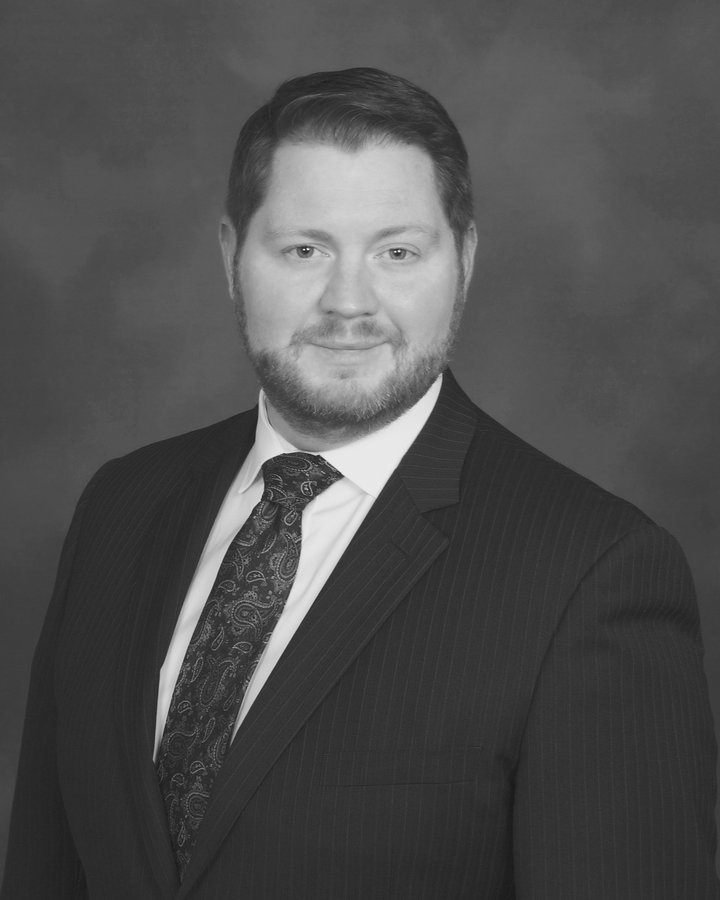Dr. Robert R. Zywicki was appointed the new Superintendent of Schools for the Weehawken Township School District by the Board of Education at their meeting held on Nov. 24.
Dr. Zywicki will assume his post officially on Feb. 1, 2016, and is succeeding current Interim Superintendent Dr. John T. Fitzsimons.
Dr. Zywicki, as chief school administrator, will oversee finances, personnel, and curriculum development in the district’s schools.
The district includes three public schools: The Webster School, grades pre-k through second; the Roosevelt School, grades third through six, and Weehawken High School, grades seven through 12.
Dr. Zywicki has received his master’s and doctorate degrees in education from St. Peter’s College in Jersey City, with a doctorate in educational leadership with a focus on school finance. He attended Rutgers College for undergraduate studies. He is currently assistant superintendent of Hyde Point School District in Sussex County, and has extra experience in curriculum development.
“We feel confident Dr. Zywicki will do a terrific job. He brings knowledge, particularly in technology,” said Richard Barsa, president of the Board of Education. Out of 25 applications narrowed to three candidates for the job, Zywicki “was clearly the best of the three,” said Barsa. “It was a unanimous vote.”
In May of this year, the board adopted a five-year plan for the public schools, including a capital improvement project. Some aspects of the plan include: developing a marketing plan to promote attendance, consulting with Columbia University’s Teacher’s College to evaluate the academically talented program in third through eighth grades, aligning curriculum and instruction for pre-k through 12th grades, promoting practices that improve the social and emotional well-being of all students, providing training and support to supervisors and teachers to refine the evaluation process, and promoting the fine and performing arts in grades kindergarten through 12.
Dr. Zywicki said he wants “to work toward the goals of the five-year plan. I want to be a part of that innovation.”
Raising STEAM
This year, in the highschool, the district and the board implemented a national curriculum called STEAM, which stands for Science, Technology, Engineering, the Arts, and Mathematics. In the school, a wood working shop was replaced by a room for fashion design and drama. Another room was transformed into a Science, Technology, Engineering and Mathematics room.
The room contains smart boards, 3D printing devices, and an engineering computer program through which students can build a car, for example.
“We need to continue this type of education,” Barsa said, “in order for our kids to get an edge on other school districts. Our kids are very competitive and I’m proud of our students. We have students going to MIT, Duke, and Columbia. People move to Weehawken because of the school district.”
Barsa cited the help of Mayor Richard Turner in obtaining the funding for the project.
“We wouldn’t have been able to get this project off the ground if it weren’t for Mayor Turner,” he said. The $80,000 project was funded by donations and contributions “at no cost to the taxpayer.”
Dr. Zywicki said, “as technology evolves, there will be new opportunities for further integration of STEAM through the Pre-K thru twelfth grade curriculum.”
Zywicki also believes that when teachers “are empowered when we provide them with the tools they need to do the best job going forward. He sees the role of elementary and secondary education in society to provide “any student with the opportunity for excellence and college readiness.”
When asked which philosophy of education has influenced him the most, he cited “John Dewey. He espoused a philosophy of active learners, most cognitively engaged. Those with hands-on skills.”
Dr. Zywicki feels that his experience and education will benefit his new position.
“As assistant superintendent, I have spearheaded initiatives that have increased student achievement,” he said, “namely a 9 percent increase in the high school graduation rate and a 93 percent increase in AP course participation.” He said the increases in programming were implemented with a “zero increase in the district budget.”
